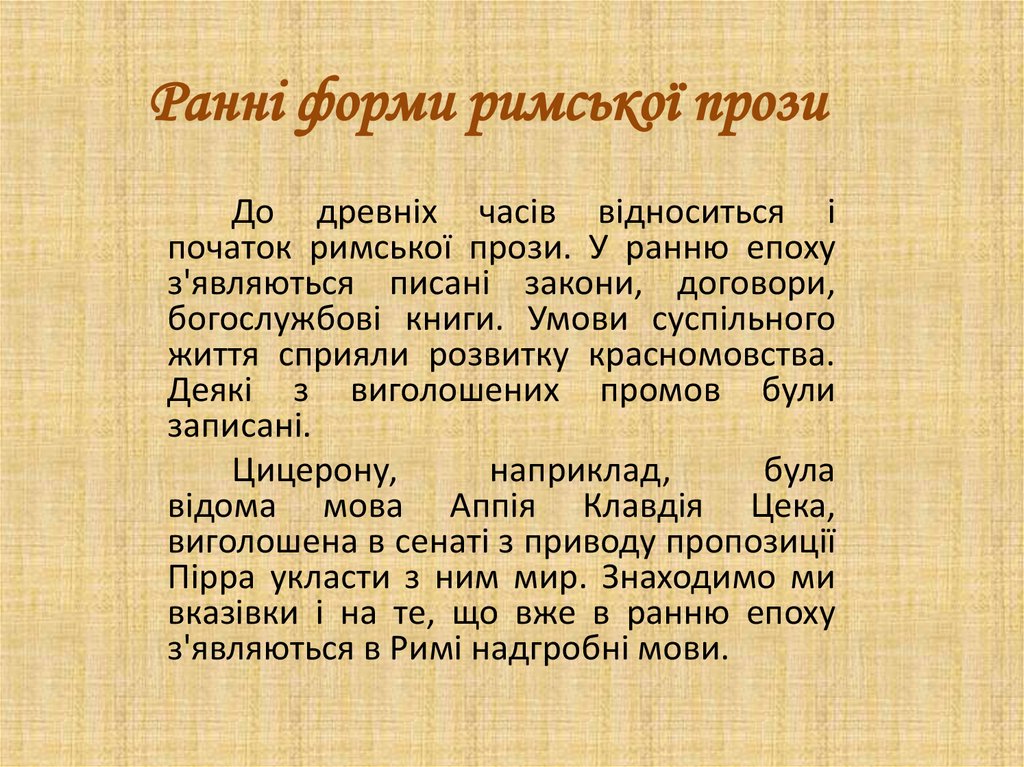The Uneven Application Of Sanctions: A Critical Look At Britain And Australia's Myanmar Policy

Table of Contents
Britain's Myanmar Sanctions Regime
The Scope of UK Sanctions
The UK has implemented a range of Myanmar sanctions, including asset freezes, travel bans, and an arms embargo targeting key individuals and entities within the Myanmar military junta. These sanctions aim to cripple the regime's financial capabilities and restrict its access to weapons. Specific examples include sanctions against senior military officials like Min Aung Hlaing and members of the State Administration Council, as well as entities involved in the exploitation of natural resources and the repression of ethnic minorities. The UK has also imposed sanctions on companies linked to the military, aiming to disrupt their access to international markets and funding.
Effectiveness of UK Measures
Assessing the effectiveness of UK Myanmar sanctions is complex. While the measures aim to exert financial pressure on the junta, evidence suggests that the impact has been limited.
- Positive Impacts (Limited): Some analysts argue that sanctions have contributed to a decline in foreign investment in certain sectors and increased scrutiny of Myanmar's military-linked businesses.
- Limitations: Loopholes exist, with the junta able to access funds through unofficial channels and utilize alternative trading routes. The sanctions may not sufficiently target the underlying economic structures supporting the military.
- Unintended Consequences: Sanctions can have detrimental effects on the civilian population, hindering economic development and access to essential goods and services. This unintended consequence undermines the moral legitimacy of the sanctions.
Criticisms of UK Policy
The UK's Myanmar policy has faced criticism from various sources:
- Insufficiently Targeted: Some argue that the sanctions are not sufficiently targeted, failing to effectively isolate the military leadership while harming the broader civilian population.
- Leniency: Critics suggest that the UK's approach is too lenient and lacks the robust enforcement mechanisms needed to genuinely impact the junta's power and ability to commit atrocities.
- Lack of Coordination: Concerns have been raised regarding the lack of effective coordination with other nations imposing Myanmar sanctions, leading to inconsistencies and reduced overall impact. Reports from human rights organizations like Amnesty International and Human Rights Watch regularly highlight these shortcomings.
Australia's Myanmar Sanctions Regime
The Scope of Australian Sanctions
Australia's Myanmar sanctions largely mirror the UK's, encompassing asset freezes, travel bans, and an arms embargo. However, there may be subtle differences in the specific individuals and entities targeted. Australia has also actively engaged in multilateral efforts to coordinate sanctions.
Effectiveness of Australian Measures
Similar to the UK's experience, assessing the effectiveness of Australia's Burma sanctions is challenging.
- Positive Impacts (Limited): The impact has been limited by the junta's ability to circumvent sanctions and its continued access to revenue streams.
- Limitations: Similar loopholes exist in the Australian regime, hindering its ability to significantly weaken the junta's financial and military capabilities.
- Collaborative Efforts: Australia has collaborated with other nations, particularly within the ASEAN framework, to coordinate sanctions and diplomatic pressure. However, the effectiveness of this multilateral approach has also been questioned due to internal political divisions within ASEAN.
Criticisms of Australian Policy
Criticisms levelled at Australia's response include:
- Insufficient Pressure: Some argue that the sanctions are not strong enough to compel meaningful change and that additional measures, such as targeted financial sanctions on specific industries, are needed.
- Inconsistencies: Critics point to inconsistencies in the application of sanctions and a lack of sufficient transparency in the process.
- Delayed Response: There have been calls for a faster and more decisive response from the Australian government to the worsening human rights situation in Myanmar.
Comparing and Contrasting UK and Australian Approaches
Similarities and Differences
Both the UK and Australia have adopted similar sanctions frameworks, focusing on asset freezes, travel bans, and arms embargoes. However, the specific individuals and entities targeted, as well as the intensity of enforcement, may vary. Both countries have faced criticism for the limited effectiveness of their measures.
Underlying Motivations
Differences in approach may stem from varying geopolitical considerations and domestic political pressures.
- Economic Ties: The extent of economic ties with Myanmar might influence the willingness of each government to impose stringent sanctions.
- Strategic Alliances: Regional strategic alliances and broader foreign policy objectives might impact the level of sanctions imposed.
- Public Opinion: Public opinion within each country concerning Myanmar, and the perceived impact of sanctions, also play a role.
The Role of International Cooperation
Multilateral Sanctions
Effective international pressure on the Myanmar junta necessitates coordinated multilateral sanctions. The UN Security Council's role is crucial in this regard, yet its effectiveness is hampered by the veto power of some member states.
Limitations of Unilateral Action
Unilateral sanctions have limitations, as the junta can exploit loopholes and rely on support from countries that do not participate in the sanctions regime. A unified front from the international community is essential to maximize the pressure on the Myanmar military.
Conclusion: The Uneven Application of Sanctions: A Critical Look at Britain and Australia's Myanmar Policy
This analysis reveals significant disparities in the effectiveness and fairness of UK and Australian Myanmar sanctions. While both countries have implemented sanctions, their impact has been limited due to loopholes, insufficient targeting, and a lack of comprehensive international coordination. The inconsistent application of targeted sanctions highlights the need for a more robust and unified global approach to address the ongoing human rights crisis. A stronger, more coordinated international effort, involving not only comprehensive Burma sanctions but also concerted diplomatic pressure, is urgently needed to hold the Myanmar military junta accountable for its atrocities and to pave the way for a just and peaceful resolution. To learn more and get involved, explore resources from organizations like Amnesty International and Human Rights Watch working tirelessly to protect human rights in Myanmar. The future of Myanmar depends on strengthening international pressure through effective and unified action on Myanmar sanctions.

Featured Posts
-
 Pretstavuvanje Na Prvata Kniga So Romski Ba Ki
May 13, 2025
Pretstavuvanje Na Prvata Kniga So Romski Ba Ki
May 13, 2025 -
 The Da Vinci Code A Comprehensive Guide
May 13, 2025
The Da Vinci Code A Comprehensive Guide
May 13, 2025 -
 Adrien Brody Post Oscar Win A Case For His Mcu Magneto Casting
May 13, 2025
Adrien Brody Post Oscar Win A Case For His Mcu Magneto Casting
May 13, 2025 -
 Gimenez En Accion Ac Milan Vs Atalanta Fecha Hora Y Transmision
May 13, 2025
Gimenez En Accion Ac Milan Vs Atalanta Fecha Hora Y Transmision
May 13, 2025 -
 Grab The Doom Dark Ages Limited Edition Xbox Controller And Wrap
May 13, 2025
Grab The Doom Dark Ages Limited Edition Xbox Controller And Wrap
May 13, 2025
